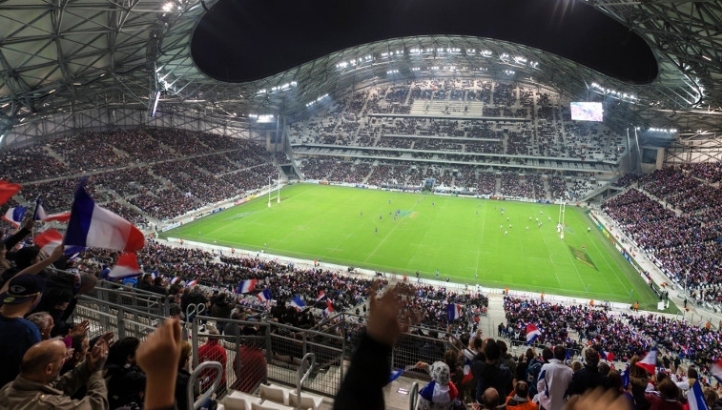France’s governing body for professional football, the Lique de Football Professionnel (LFP), has partnered with WWF in a bid to make its operations more environmentally friendly and engage its audiences with sustainability issues.

The scheme will cover France’s first and second professional football leagues
Under the partnership, French football clubs will receive support from WWF professionals to track and minimise their water, energy, waste and carbon footprints.
Specifically, the NGO will focus on implementing zero-plastic and zero-deforestation policies for food and drink served at their stadiums, providing clubs with practical advice on making the transition to plastic-free packaging and sustainably sourced food.
The partnership will also see the LFP screen videos promoting biodiversity conservation on the giant screens at club grounds on match days. These communications will be screened across the first and second professional football leagues and be hosted on the social media channels of teams such as AS Monaco and Paris Saint Germain (PSG).
At the end of each video, and fans will be encouraged to donate to WWF France, with the LFP committing to match each donation, euro for euro. In return, WWF France has agreed to feature the animal mascots of LFP teams, such as the lion of the Olympique de Lyon, in the videos.
As for players, the partnership will additionally involve WWF taking LFP youth players on reforestation field trips and training courses on sustainable waste management.
“Thanks to sports actors and the LFP’s commitment for the environment and the fight against the loss of the biodiversity, we will be able to raise awareness collectively among the general public on the necessity to protect our planet,” WWF France’s president Isabelle Autissier said.
“WWF France is not the policeman of the environment. We want to first raise awareness and change attitudes on these issues.”
Eye on the ball
The partnership between LFP and WWF will run for one year, with the potential for extension if it is well-received by clubs.
It builds on the LFP’s decision last year to sign the charter of eco-responsible sports events, a text which was co-designed by WWF and the French Ministry of Sports. By signing the charter, LFP committed itself to 15 environmental goals covering sustainable food, low-carbon mobility, waste reduction, climate action, ecological innovations and minimising the water and energy consumption of its clubs. Other charter signatories include the Ryder Cup, the Tour De France and Roland Garros.
As issues surrounding climate change and plastics pollution continue to dominate headlines and capture the attention of the public in Europe, LFP is one of many sporting bodies to have announced new green initiatives in recent times.
Last year, the Premier League announced that it had partnered with broadcaster Sky in a bid to remove single-use plastics from its clubs, for example. Since then, clubs including Tottenham Hotspur and Watford FC have completed removed single-use plastics from their stadiums, while England striker Harry Kane has designed a range of reusable bottles and cups for Sky.
However, progress on plastics proved somewhat slower at last summer’s FIFA 2018 World Cup, with FIFA producing a waste strategy free from bans on single-use plastic items or specific numerical targets for recycling.
Away from football, Wimbledon host body the All England Lawn Tennis Club (AELTC) and Nitto Tennis Finals operator the Association of Tennis Professionals (ATP) have both set new plastic reduction commitments in the past year.
Sarah George
